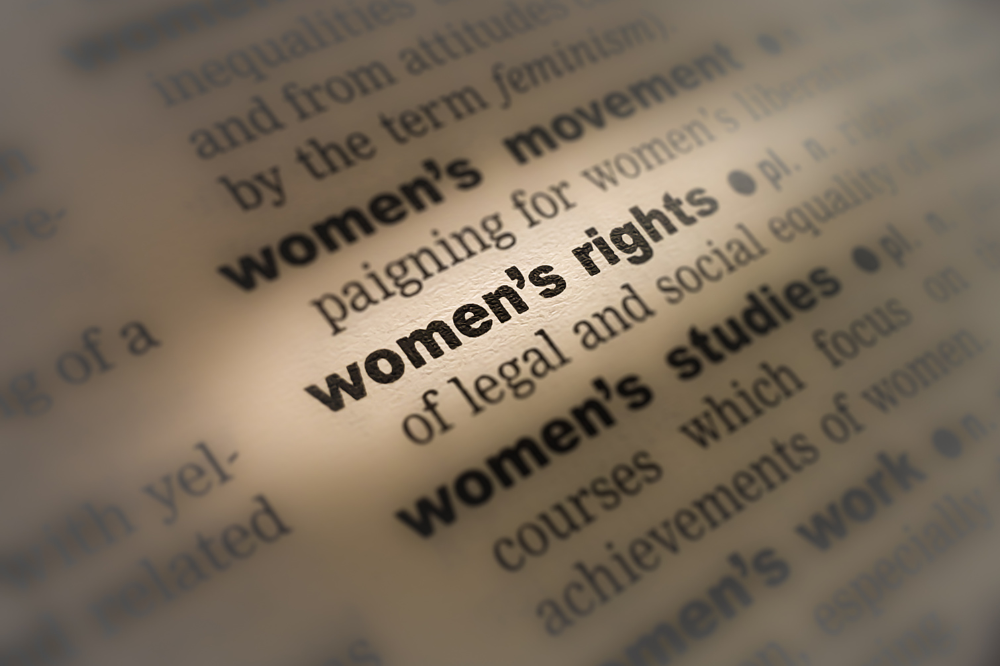SHAH ALAM - Domestic abuse, which often begins with minor acts of harassment, could potentially escalate into homicide.
Women’s group, All Women’s Action Society (Awam) said such cases, which have occurred in the past, must be addressed more effectively by authorities.
This, it said can be achieved through adequate training to prevent escalation and by fostering early awareness of domestic abuse.
Aside from the importance of addressing claims of violence or harassment promptly to raise early awareness about domestic abuse, Awam highlighted that it took a lot of courage for survivors to come forward and share their experiences of violence or abuse.
"Far too often, survivors only come forward after already enduring weeks, months, or even, years of abuse," it said.
The group said many victims hesitated to report abuse to the authorities due to threats from their abusers or their associates, fear of public judgment and doubts about being believed.
These barriers often compelled them to remain in unsafe relationships or marriages, placing themselves, their children and their loved ones at greater risk.
It said due to this, the authorities and personnel such as healthcare workers needed to be trained to spot signs of gender-based violence and approach potential survivors with care, so that further abuse can be prevented.
Some reports, it said were dismissed due to the outdated belief that domestic abuse is just a "family issue."
"Last year, for instance, a woman who was believed to be a victim of domestic violence, was later allegedly stabbed to death by her husband, which was witnessed by their 12-year-old daughter.
"If reports of violence or harassment are not taken seriously early on, it could escalate to the point of murder or death.
"As we illustrated in the case above, the cycle of abuse can easily carry on if there are children present to witness the abuse carried out within a household," the group said.
Awam said its Telenita helpline was among the support channels available for survivors to seek assistance.
It provides guidance on lodging police reports (whether cover or action reports) and applying for protection orders in cases of domestic violence, including those involving ex-spouses, to ensure the safety of survivors and their children.
It added that individuals can also seek help from the One Stop Crisis Centre for physical injuries or access support services for counselling or legal aid.
It also highlighted other instances of domestic abuse uncovered through its media monitoring efforts.
These included a husband threatening to circulate his wife’s photos or videos online if she did not comply with his demands and a case where a wife reported being monitored by her ex-husband even after their divorce through a hidden camera he used to stalk her activities.
It said it also received reports of a husband filing for divorce to pursue a relationship with another woman, a man refusing to pay his wife's maintenance and ongoing physical abuse by a husband towards his ex-wife even after their divorce.
Awam emphasised the need for adequate gender-sensitivity training for authorities and personnel, suggesting this can be achieved through strengthened collaboration between non-governmental organisations (NGO) and government agencies to enhance reliability for survivors.
It also urged the Women, Family and Community Development Ministry to expedite the implementation of an e-filing system, enabling sexual harassment survivors to file complaints more easily.
"Although it is not always easy, pursuing formal channels and redress mechanisms including the ones listed above can lead to concrete actions and safeguards for a survivor’s well-being.
"NGOs with the relevant resources or knowledge (such as Awam, Women’s Aid Organisation, Sisters In Islam, etc) can assist survivors in navigating the system and offer our support to ensure survivors feel informed and empowered throughout the process," it said.


